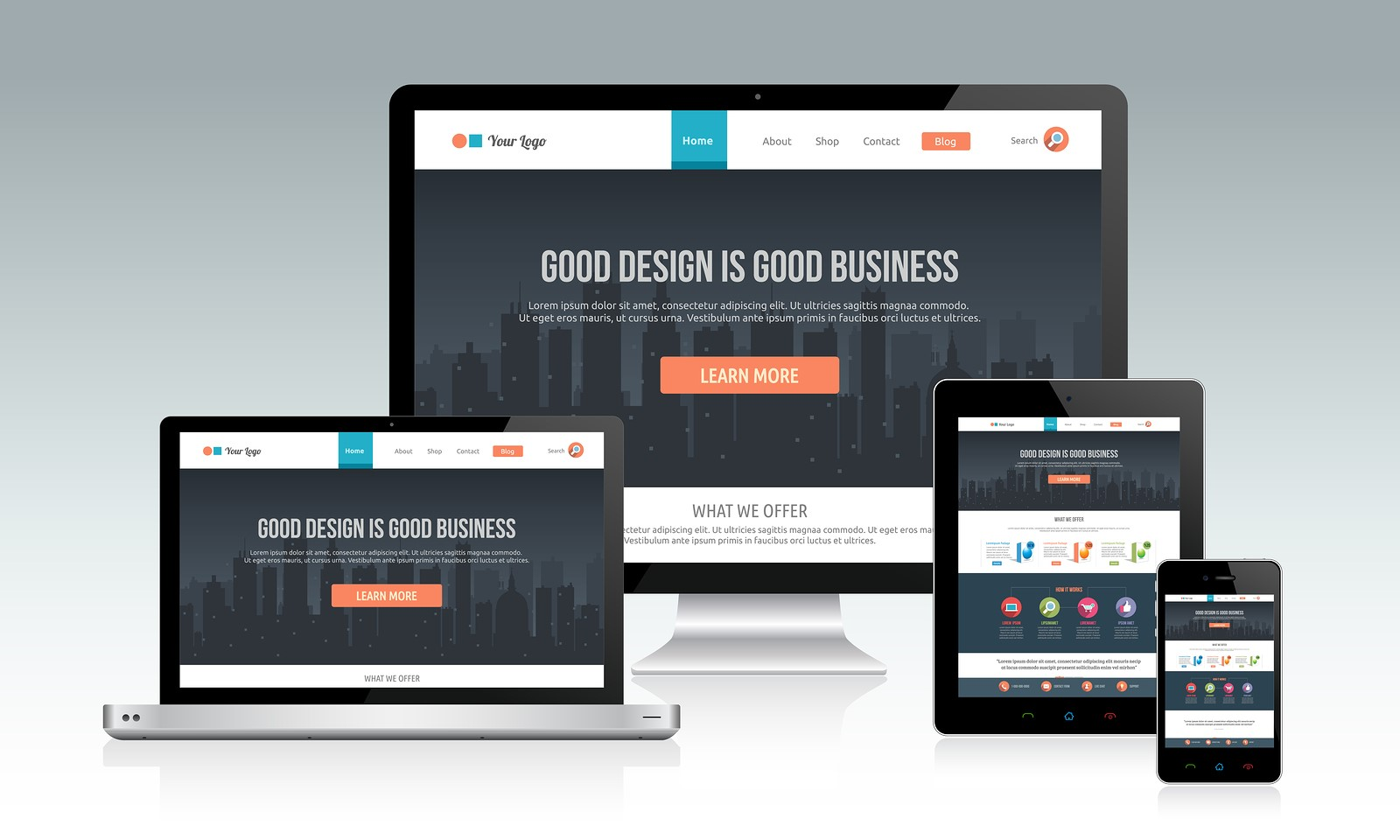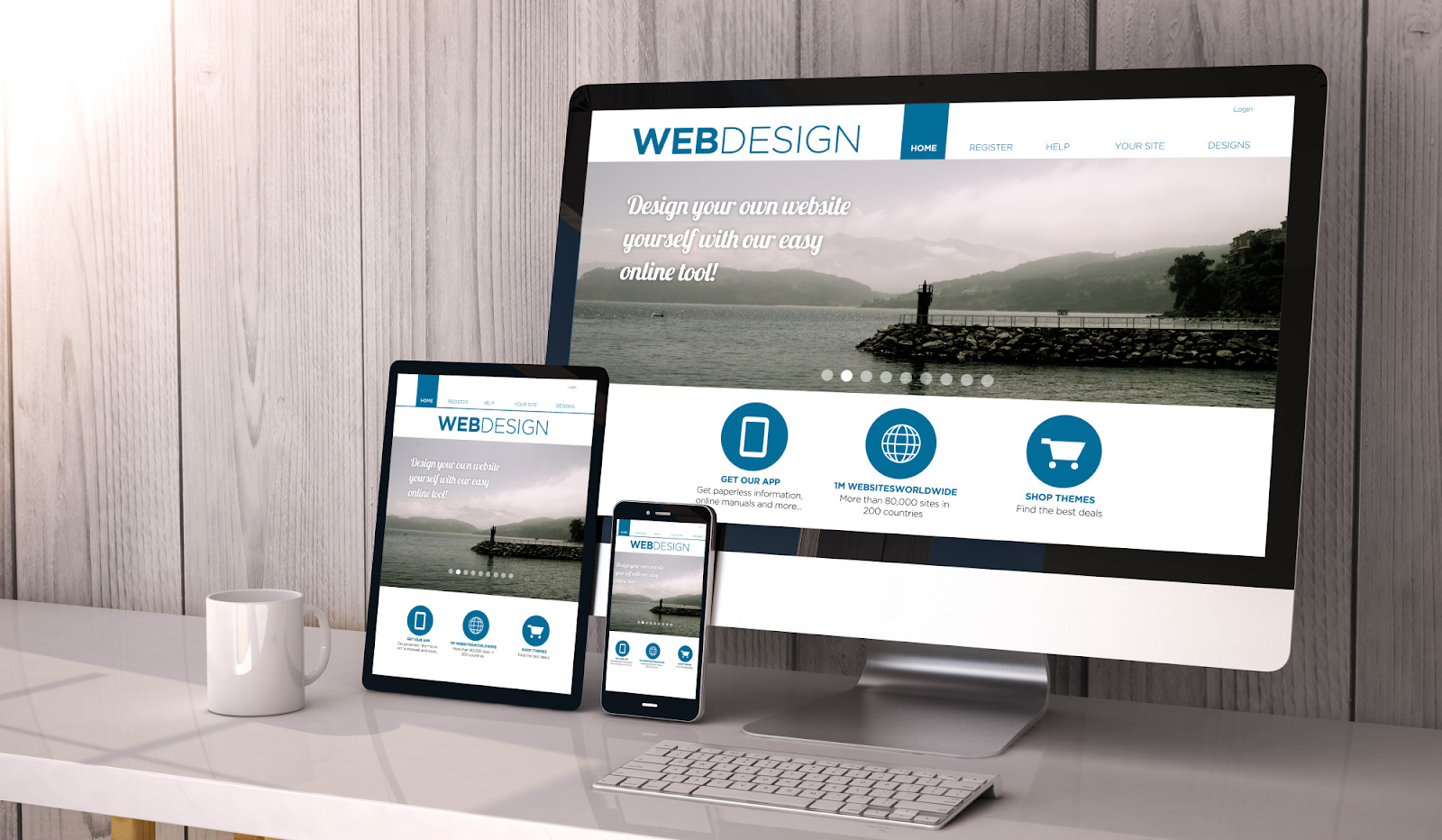How to Win Google: The Ultimate SEO Guide for Startup Websites in Denver
How to Win Google: The Ultimate SEO Guide for Startup Websites in Denver

A few months ago, a Denver-based startup founder reached out to us. She had launched a wellness app with a clean, modern website and great branding. But after six months, her traffic was flatlined. No signups. No clicks. When we checked, her site had no real SEO structure—no keywords, no metadata, no clear navigation. She was invisible to Google.
Here’s something every startup founder should know: 75% of users never scroll past the first page of Google. If your site isn’t ranking, it’s not being seen. Period. And for startups, being seen early can mean the difference between traction and failure.
If you're a startup in Denver trying to figure out how to get found online, this guide is for you. I’m going to break down real, tactical SEO strategies you can implement now—even if you have zero tech experience. Let’s turn your website into a lead machine.
Why SEO Matters for Startup Websites
In a city like Denver, where startups are launching by the day, you need more than a good idea to get noticed—you need visibility. SEO helps potential customers, investors, and partners find you online. It’s your digital storefront and your 24/7 sales rep.
Search engine optimization doesn’t just attract traffic—it attracts the right traffic. People who are actively looking for what your business offers. That means more qualified leads, better conversions, and stronger brand authority.
Let’s explore five crucial SEO strategies every startup should implement right away to set the foundation for long-term growth.
Fix Your Site Structure
Before you worry about content or backlinks, you need to get your site structure right. Think of your website like a building—if the foundation is shaky, everything on top falls apart. A clear, organized structure makes it easy for both users and search engines to navigate and understand your site.
Here’s what to focus on:
- Use simple, intuitive navigation so users can find what they need quickly.
- Make sure every page is accessible within 2-3 clicks from the homepage.
- Use SEO-friendly URLs that include keywords and reflect the page topic.
- Implement internal links between relevant pages to guide both visitors and search engine crawlers.
- Use headers (H1, H2, H3) to break up content and establish a visual hierarchy.
Startups often overlook these basics in the rush to launch, but getting them right from the beginning saves a ton of cleanup later.
Do Smart Keyword Research (Then Use It)
Keywords are the bridge between what people search for and the content you provide. If you’re not using the terms your audience uses, they won’t find you. That’s why keyword research is step one in any SEO strategy.
Start by brainstorming terms related to your product or service, then plug them into tools like Google Keyword Planner or Ubersuggest. Look for long-tail keywords with decent search volume and low competition—these are golden for startups.
Tips for implementation:
- Include keywords in your page titles, headers, image alt text, and meta descriptions.
- Write blog content around common questions and search phrases your audience is using.
- Don’t over-optimize. Use your keywords naturally so your content still sounds human.
For Denver startups, local modifiers like “in Denver,” “near Union Station,” or “Colorado startup support” can help capture geographically relevant traffic.
Optimize for Speed and Mobile
User experience (UX) is now a core ranking factor. If your site loads slowly or doesn’t work well on a smartphone, Google won’t recommend it—and users will bounce.
Here’s how to tighten up your site performance:
- Compress and properly size all images before uploading them.
- Minimize JavaScript and eliminate any unnecessary code or plugins.
- Use lazy loading to improve initial page speed.
- Pick a solid hosting provider known for uptime and speed.
Equally important: make sure your site is mobile responsive. That means it adapts to different screen sizes, buttons are tap-friendly, and text is easy to read without zooming. More than half of users search from mobile devices, especially for local services, so this isn’t optional anymore.
Build Authority with Local Backlinks
Backlinks act as endorsements. When reputable websites link to yours, Google sees it as a signal that your content is valuable and trustworthy. The more quality backlinks you have, the better your chances of ranking well.
But you don’t need to chase national coverage to get started. Focus on building authority locally:
- Join Denver-based business directories and networking groups.
- Submit press releases or articles to local media outlets and startup publications.
- Reach out to Denver bloggers or podcast hosts who cover entrepreneurship.
- Partner with other local businesses to share content and links.
Pro tip: make sure your business is listed consistently across all online platforms, including your name, address, and phone number (NAP). Inconsistencies can hurt your SEO.
Create Helpful, Evergreen Content
You don’t need to blog daily, but your site should include useful, evergreen content that answers the questions your target audience is asking. This is one of the best ways to generate organic traffic over time.
Great startup content ideas include:
- Step-by-step guides related to your product or industry
- Lists of local resources or tools for founders
- Templates, checklists, or explainer posts that solve common problems
Each piece of content should focus on one primary topic and be optimized with relevant keywords and internal links. Don’t forget to include a clear call to action (CTA) to guide readers on what to do next—whether that’s signing up for a newsletter, booking a call, or downloading a lead magnet.
Frequently Asked Questions
- When should I start doing SEO for my startup?
Ideally, you should begin SEO as early as your website planning stage—it’s easier and cheaper to build it right than to fix it later. - Is it okay to use AI tools for writing blog content for SEO?
Yes, but always review and personalize the content—Google values originality and helpfulness over generic AI output. - How do I track if my SEO is working?
Use free tools like Google Search Console and Google Analytics to monitor keyword rankings, traffic sources, and user behavior. - Do I need a blog if I already have a services or product page?
Yes—blogs help target long-tail keywords, answer customer questions, and keep your site active in Google's eyes.
How Lingows Media Can Help You
At Lingows Media, we help Denver startups take control of their SEO from day one. Whether you’re pre-launch or scaling fast, we build smart, scalable strategies tailored to your goals.
We understand the hustle of startup life. That’s why we focus on what actually moves the needle:
- SEO audits for new or broken websites
- Local keyword research and content planning
- High-performance, mobile-friendly site builds
- Real-time traffic and ROI tracking
- Automation and AI tools to save you time
You don’t have to figure this out alone. We’re based right here in Denver, and we’ve helped dozens of startups grow from invisible to unstoppable.
Visit us at: 1400 16th St Suite 400, Denver, CO 80202
Call us at: (720) 738-5548
Explore more at: www.lingows.com













